The EU is close to restricting the Nord Stream 2 pipeline in a new round of sanctions as Russia refuses a ceasefire in its war against Ukraine, Bloomberg reported on May 23.
"It is a political move, aimed at cementing the EU’s plan to phase out Russian gas imports by 2027," Florence Schmit, an energy strategist in London, told Bloomberg.
The decision to sanction the non-operational Nord Stream 2 gas pipeline will take into account progress in peace talks between Russia and Ukraine, Bloomberg reported, citing unnamed sources familiar with the matter.
Russia has refused a ceasefire with Ukraine, and peace talks between the two nations in Istanbul on May 16 were largely inconclusive. Moscow has repeatedly signalled their unwillingness to move forward in peace negotiations.
Germany supports the newly proposed EU sanctions, which would target the Nord Stream pipelines, spokesperson Stefan Cornelius said on May 19.
"Political clarity should also start to quell some volatility in gas markets that was related to the on-and-off discussions about Russian gas supplies," Schmit told Bloomberg.
The European Commission will begin discussions with member states as early as May 23, unnamed sources familiar with the matter said.
German "Chancellor (Friedrich) Merz is working with U.S. and European partners on new sanctions against Russia... the intention of these sanctions is to achieve agreement from Russia to an unconditional truce," Cornelius told German outlet, Tagesshau.
Russian Foreign Minister Sergey Lavrov claimed on March 26 that talks were ongoing between the U.S. and the EU to resume flows of gas in the Nord Stream pipelines.
Lavrov on May 21 confirmed that Moscow has no interest in negotiations and agreeing to a ceasefire in Ukraine, saying, "We don't want this anymore."
At the Istanbul peace talks, Moscow reiterated maximalist demands, including that Ukraine accept the loss of Crimea and four eastern regions.
Russian President Vladimir Putin did not attend the peace talks in Turkey, despite an invitation from President Volodymyr Zelensky to meet him face-to-face.
Ukraine must look beyond the EU for its agricultural future
The end of the European Union’s tariff-free trade preferences for Ukrainian agricultural products is more than just a policy change, it’s a wake-up call. For years, the EU has served as the largest and most reliable market for Ukraine’s agricultural exports. But as Brussels rolls back preferential

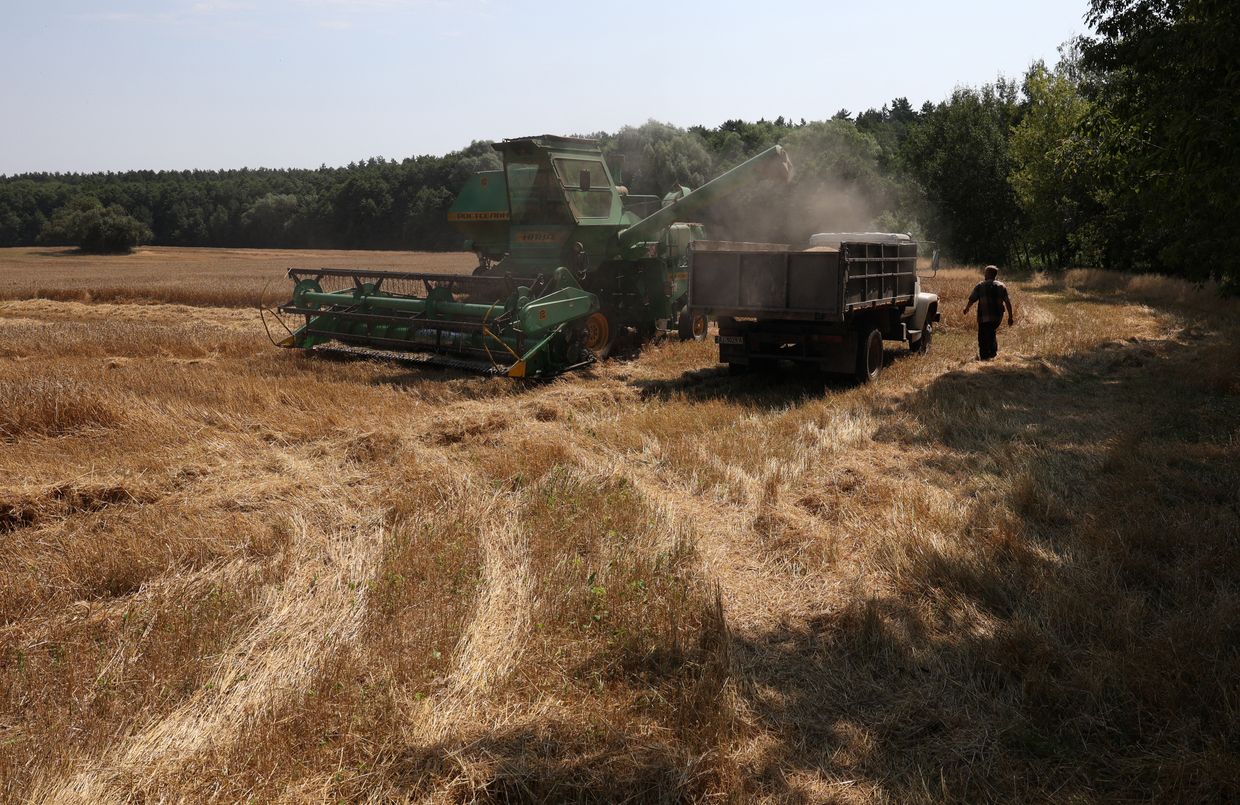
.png)
 German (DE)
German (DE)  English (US)
English (US)  Spanish (ES)
Spanish (ES)  French (FR)
French (FR)  Hindi (IN)
Hindi (IN)  Italian (IT)
Italian (IT)  Russian (RU)
Russian (RU)  7 hours ago
1
7 hours ago
1
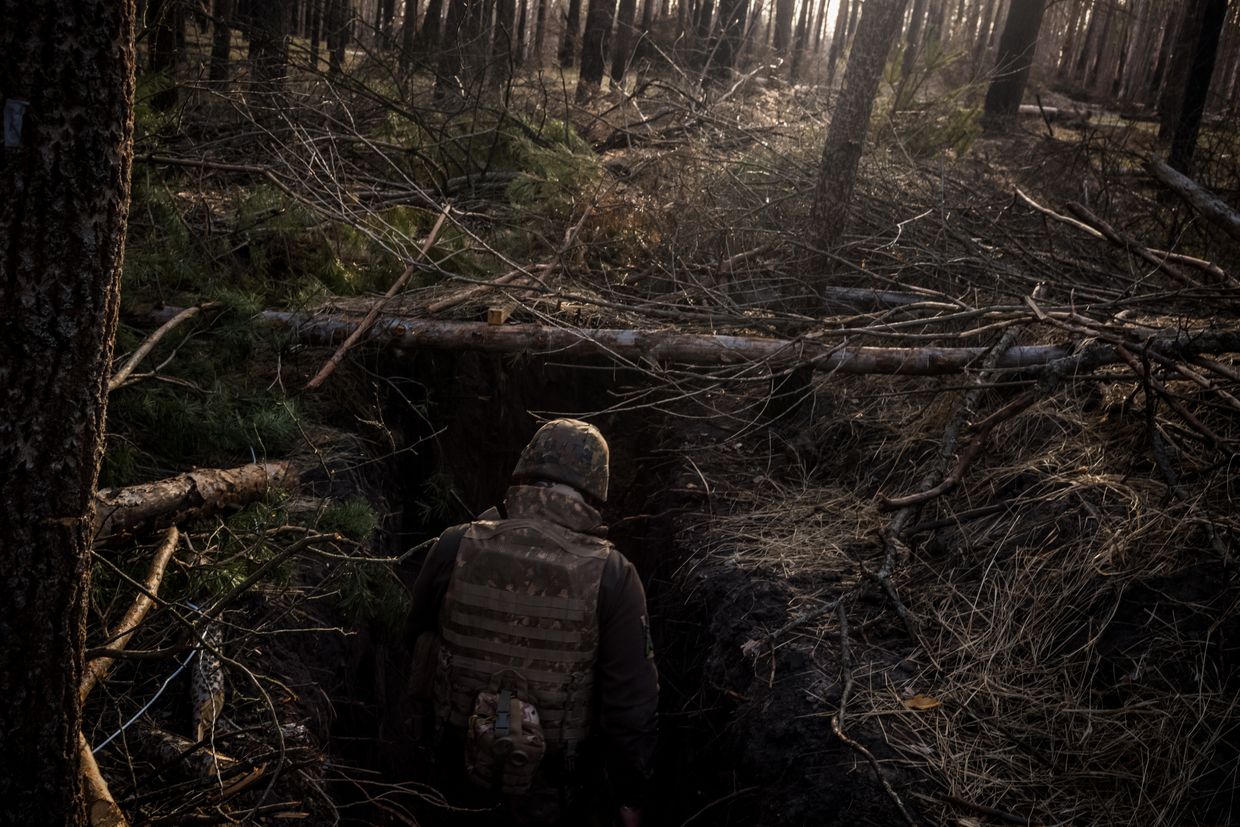
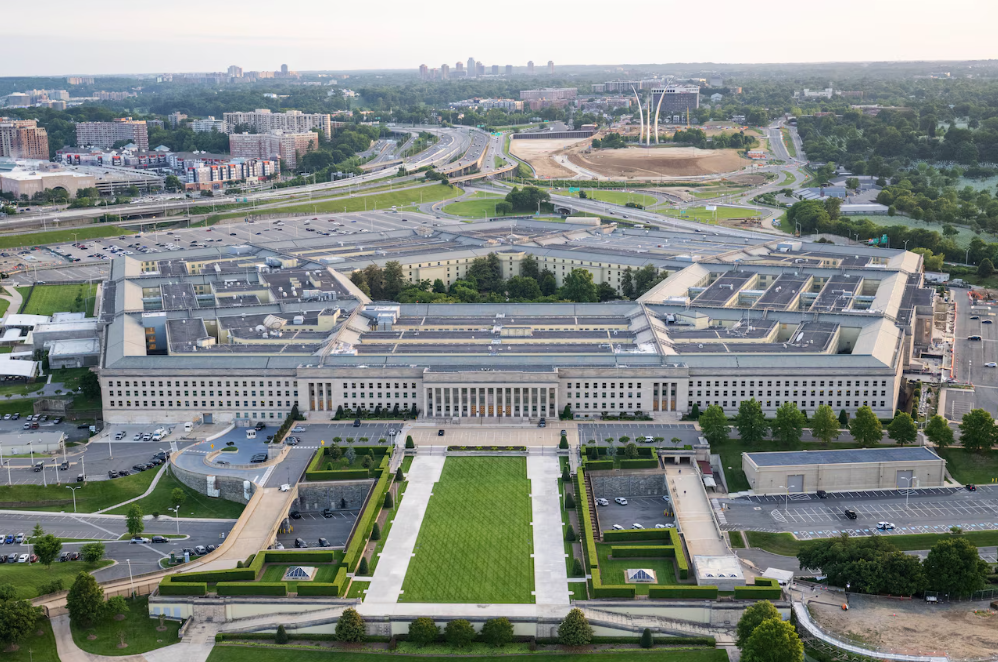

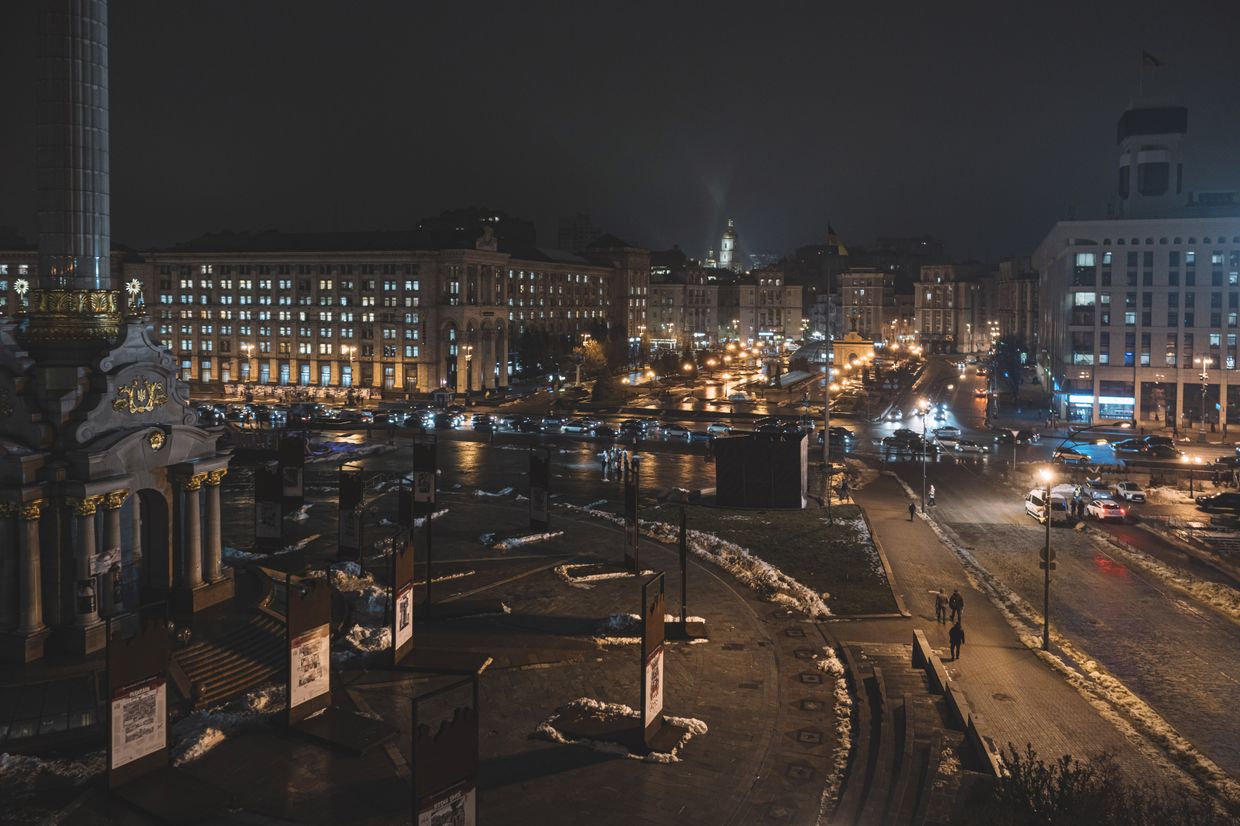
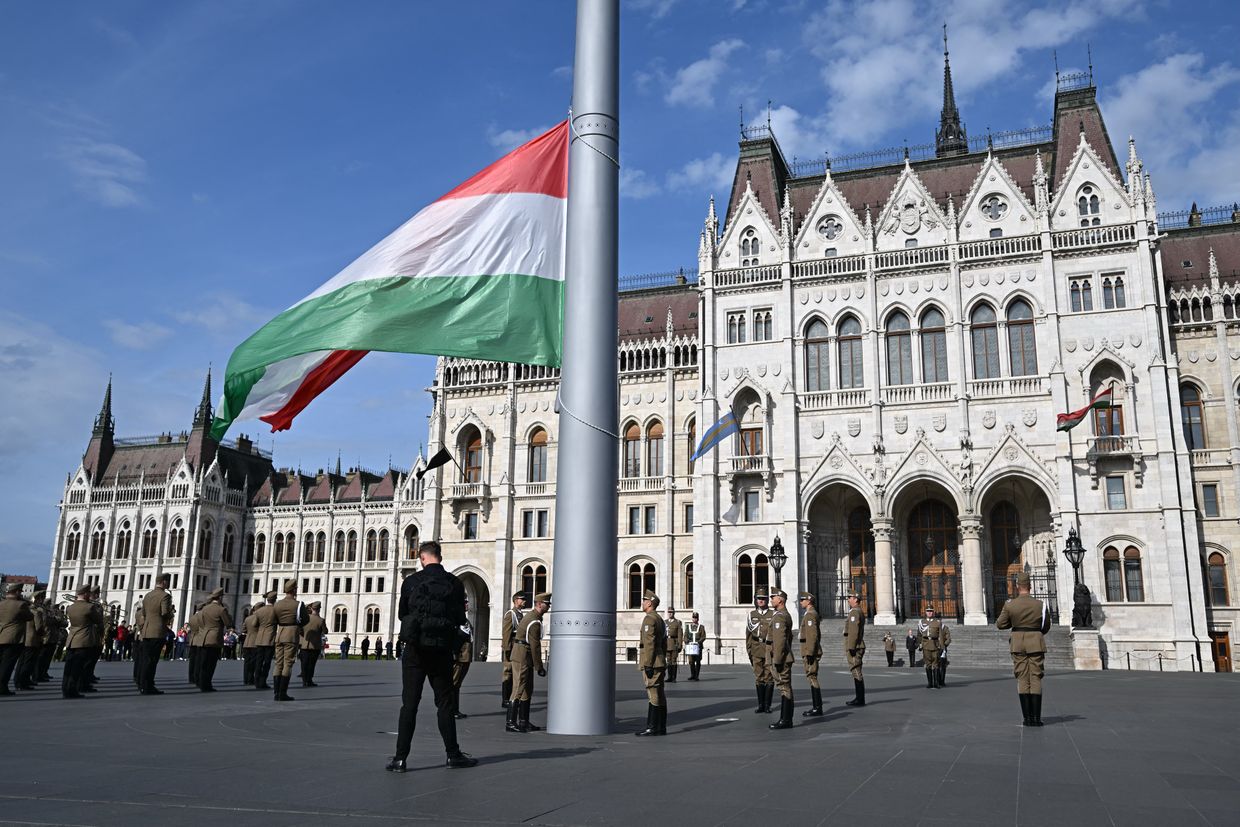
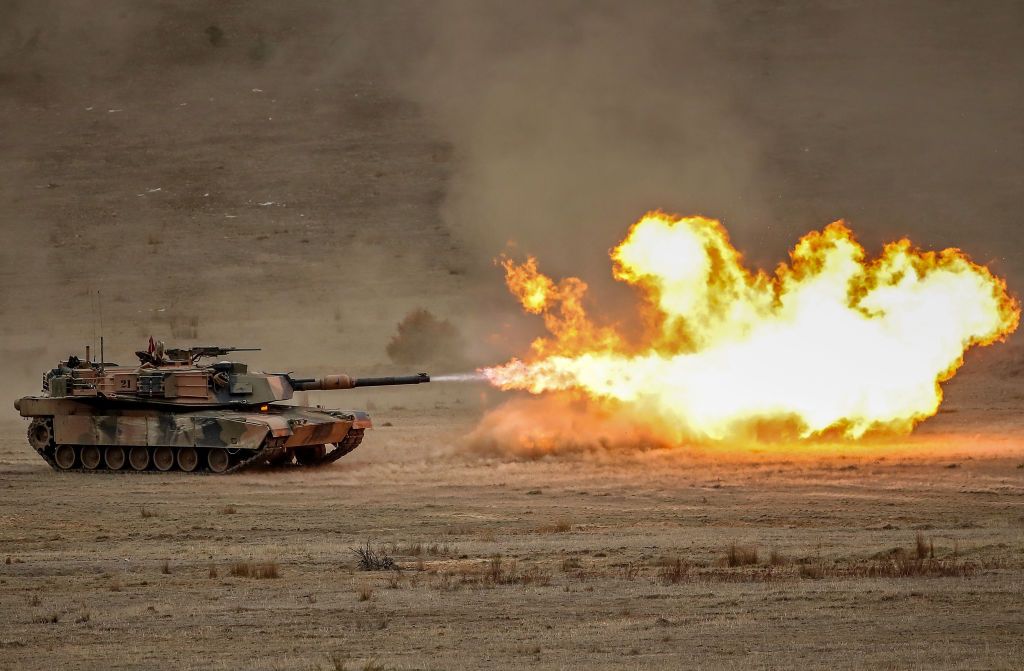
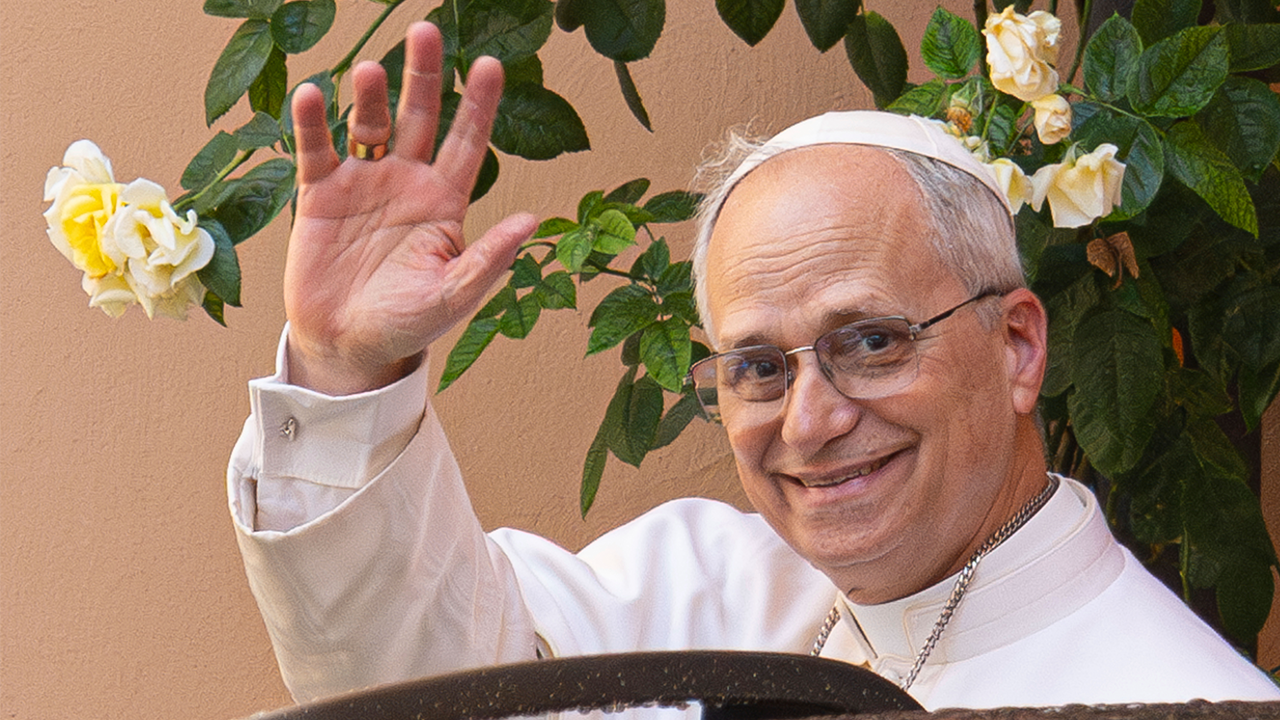

Comments